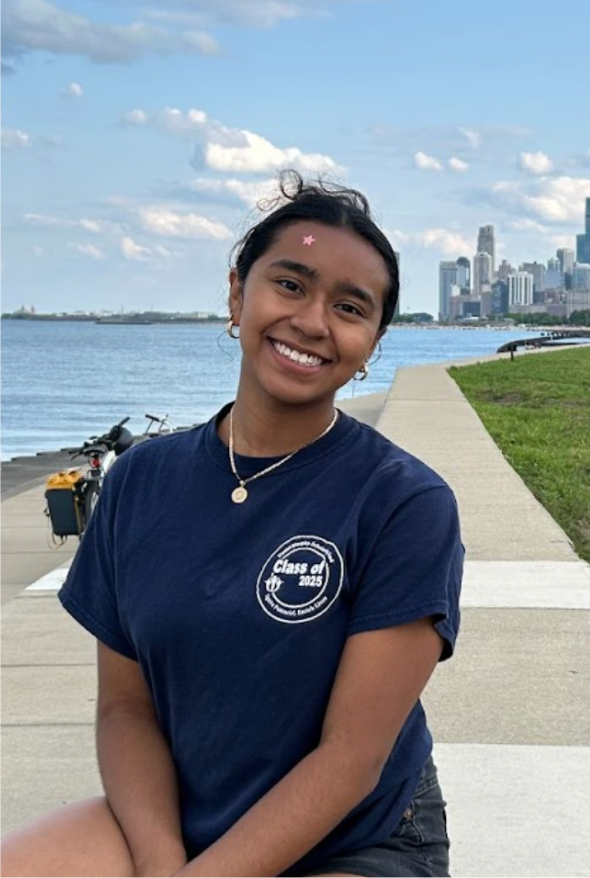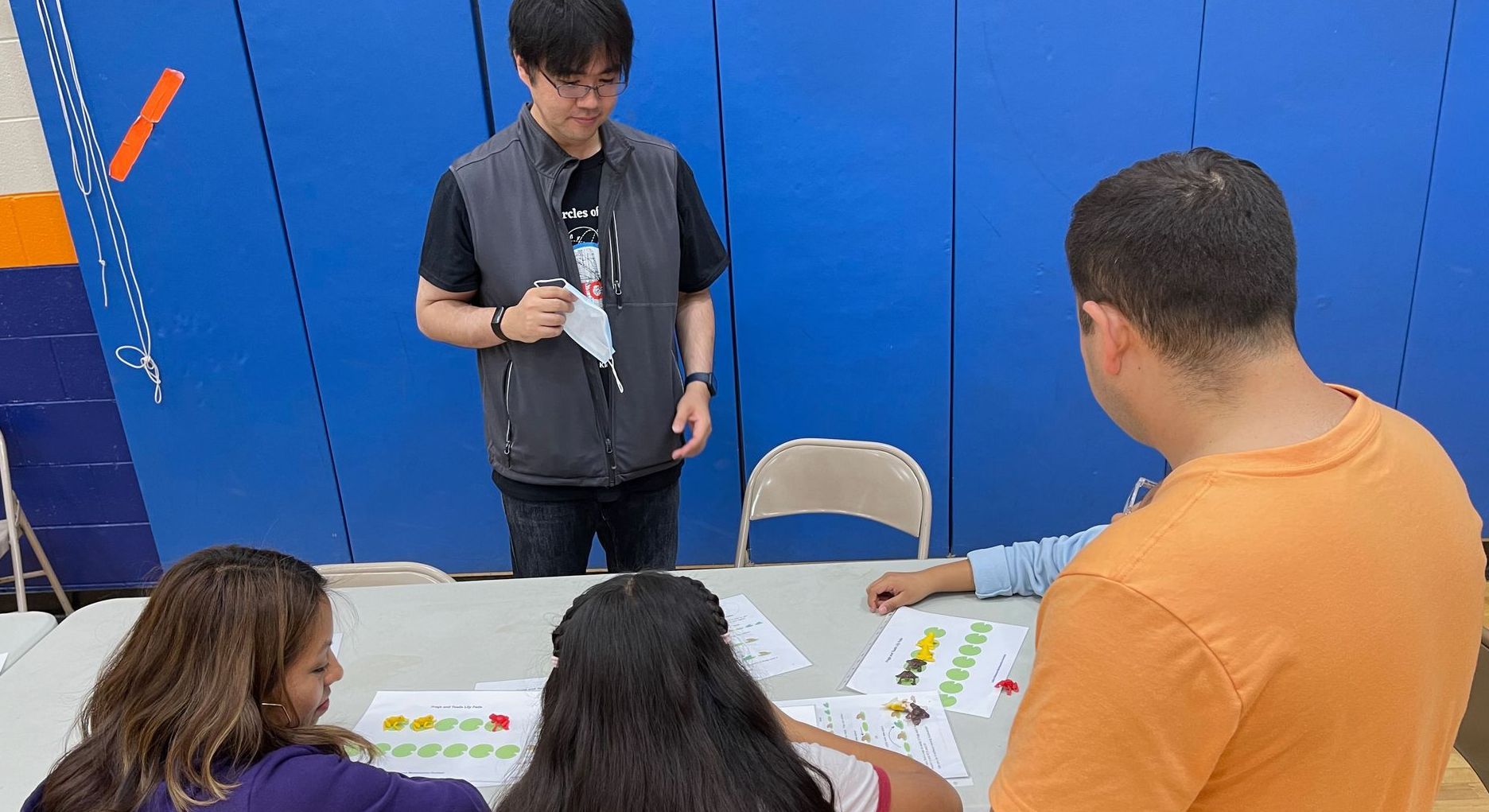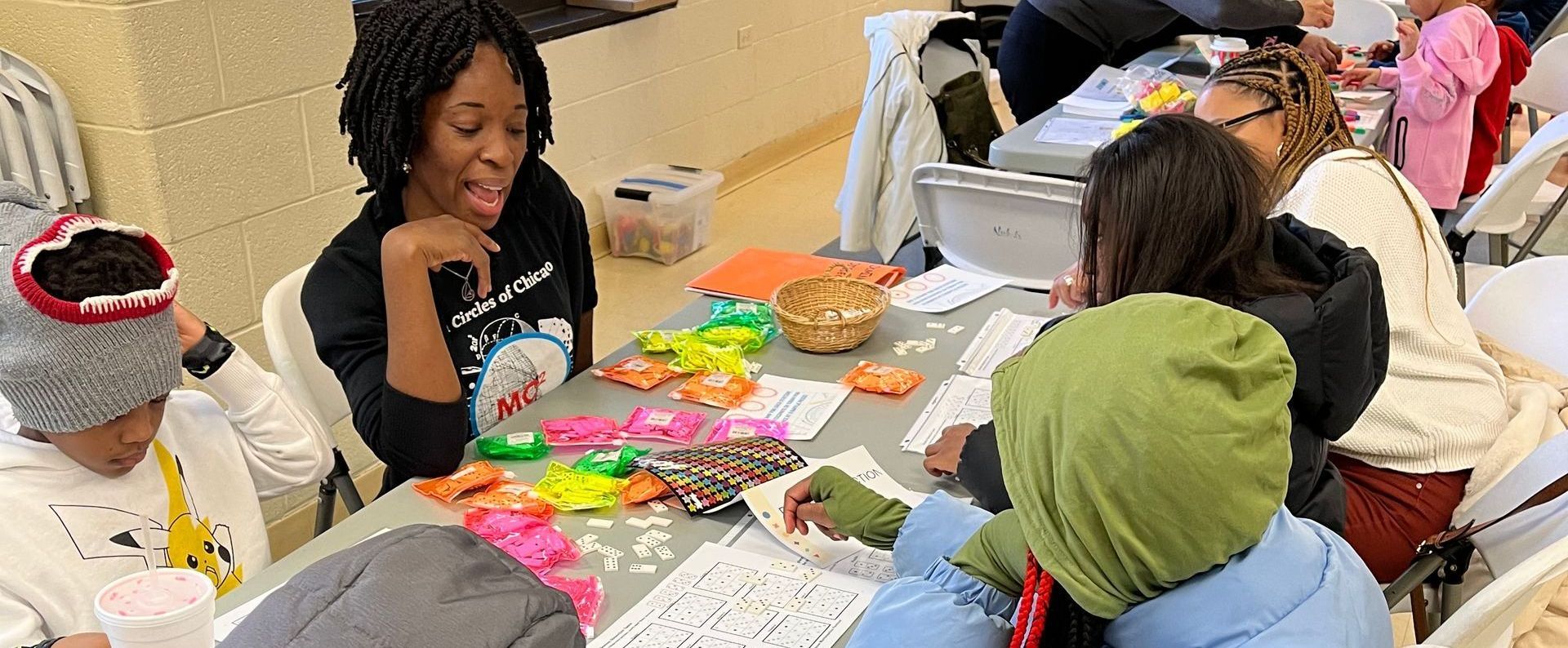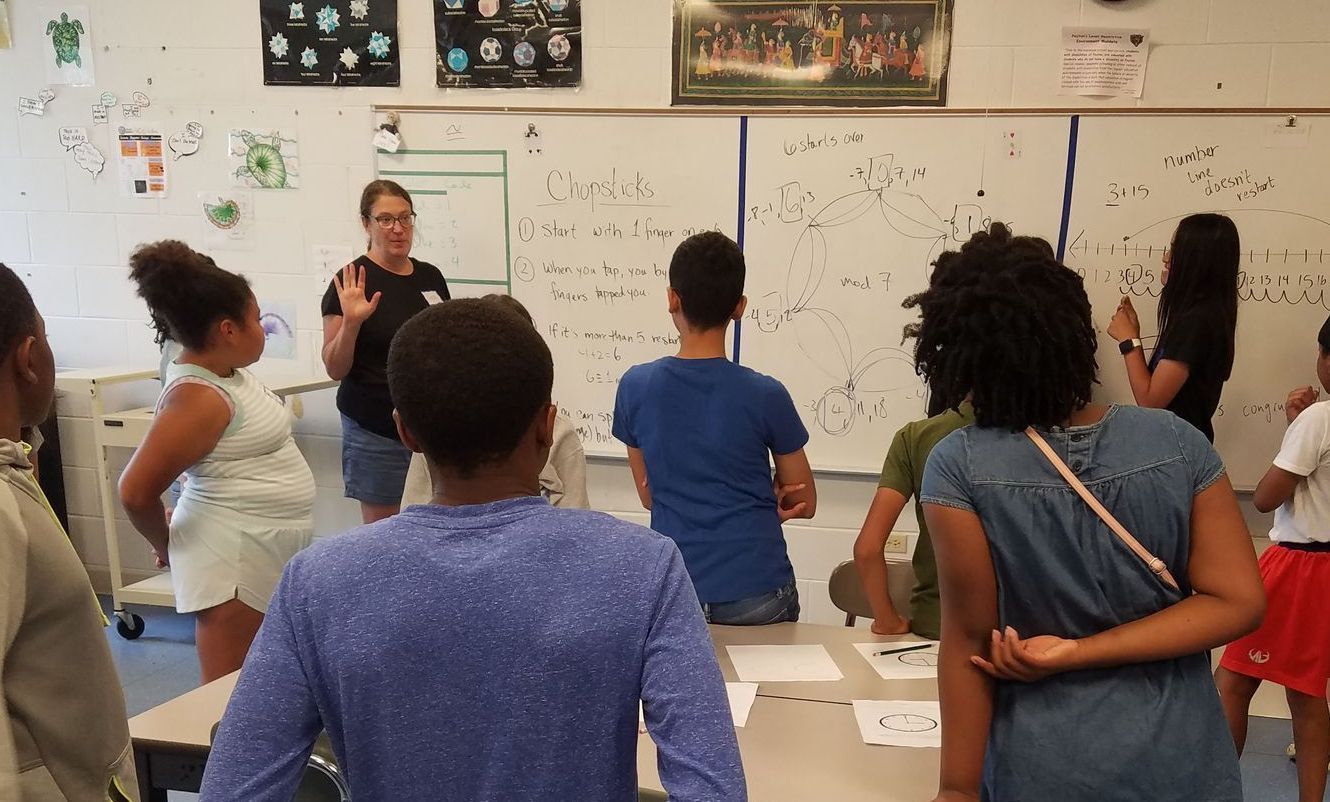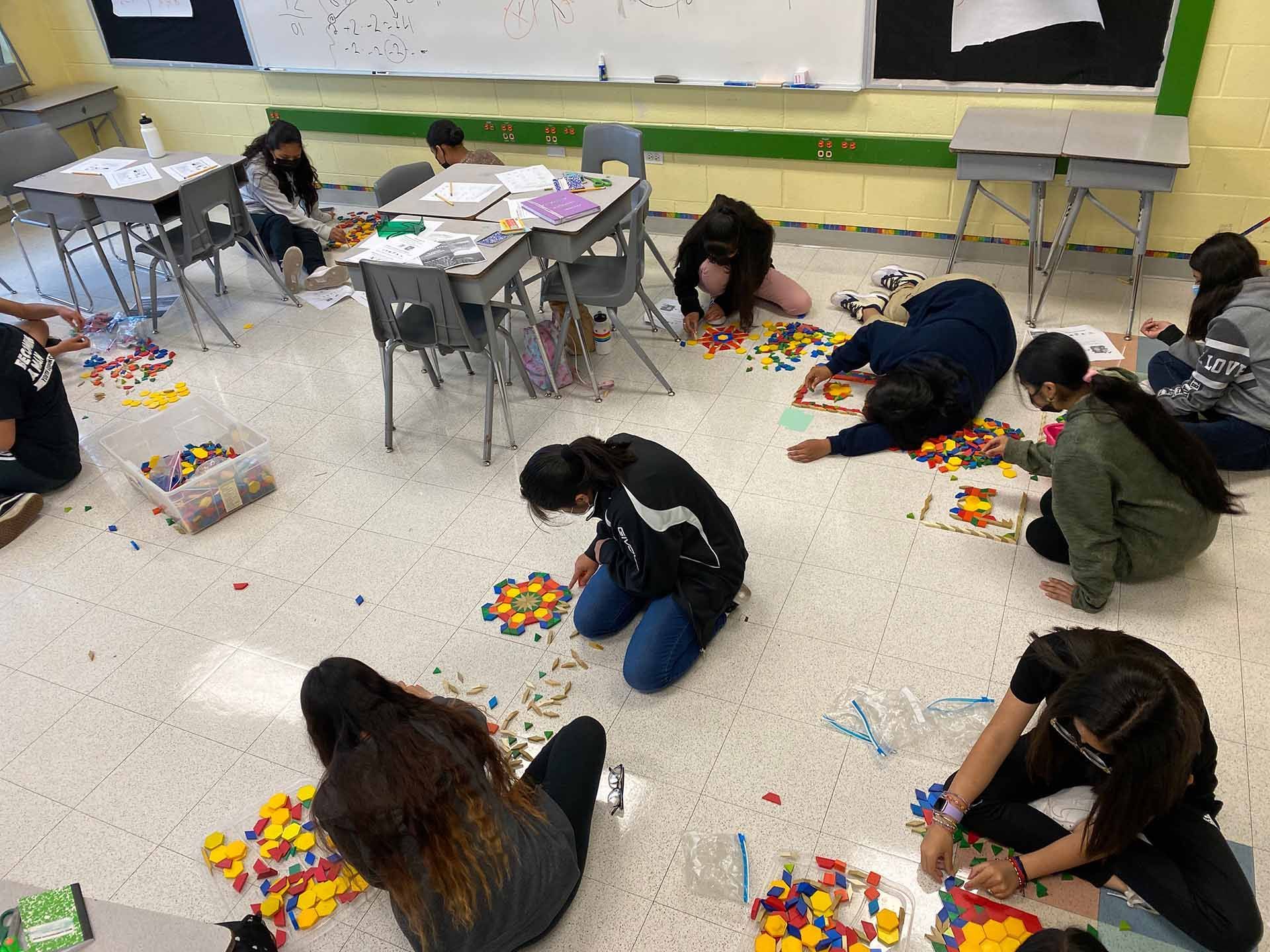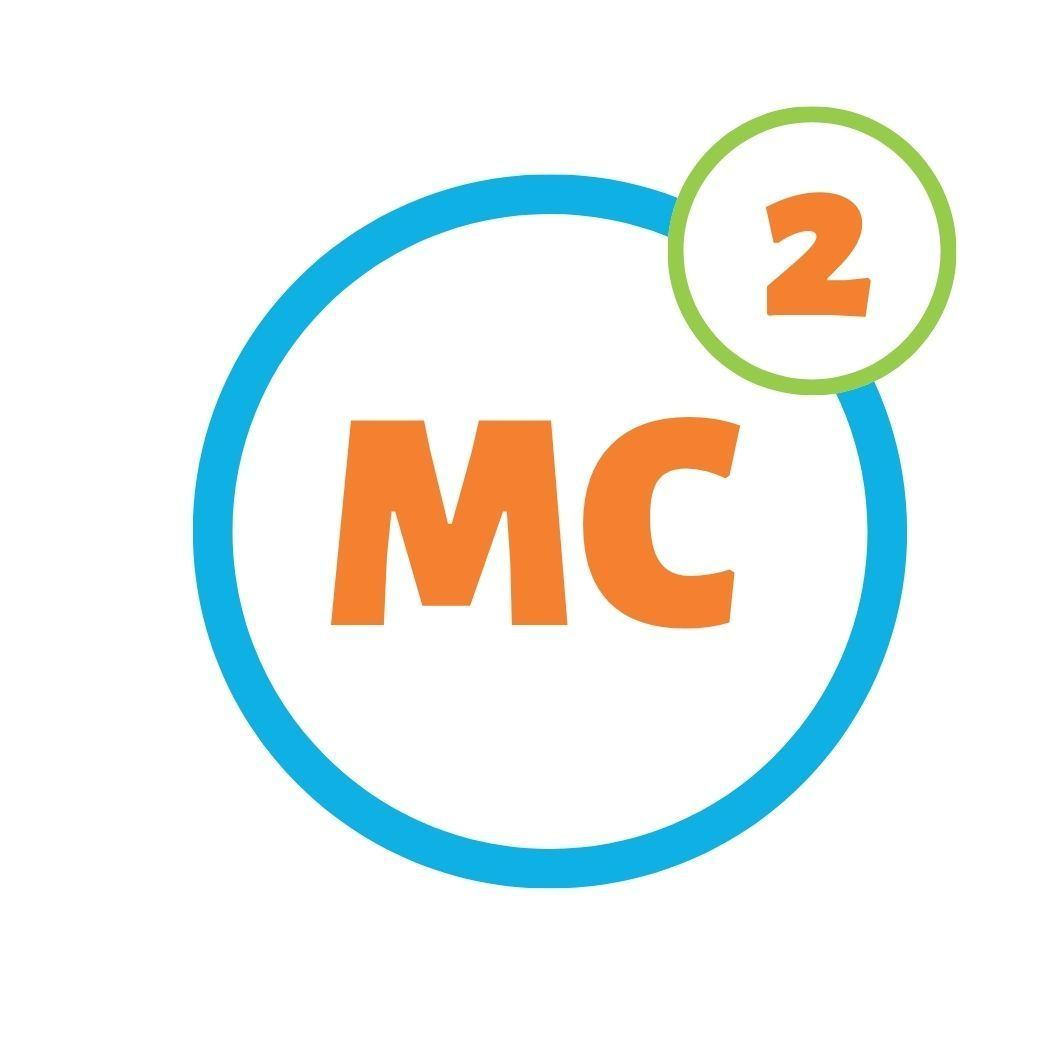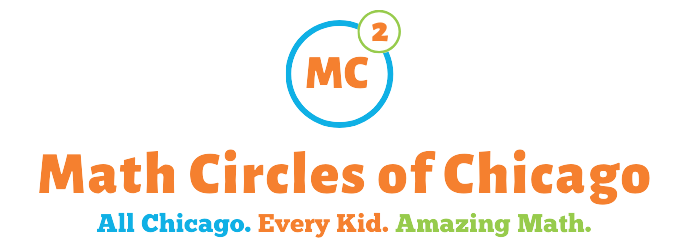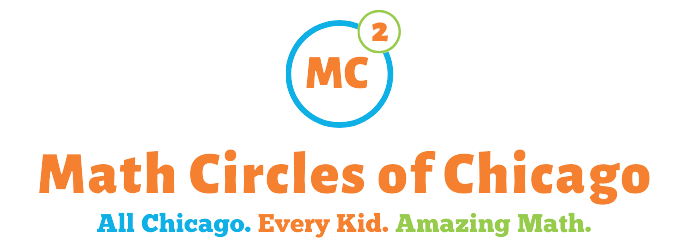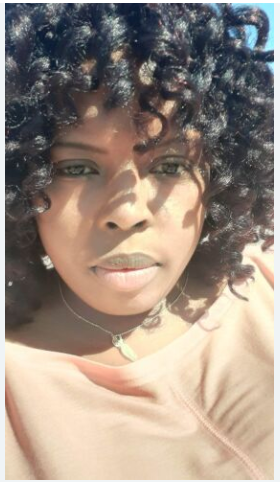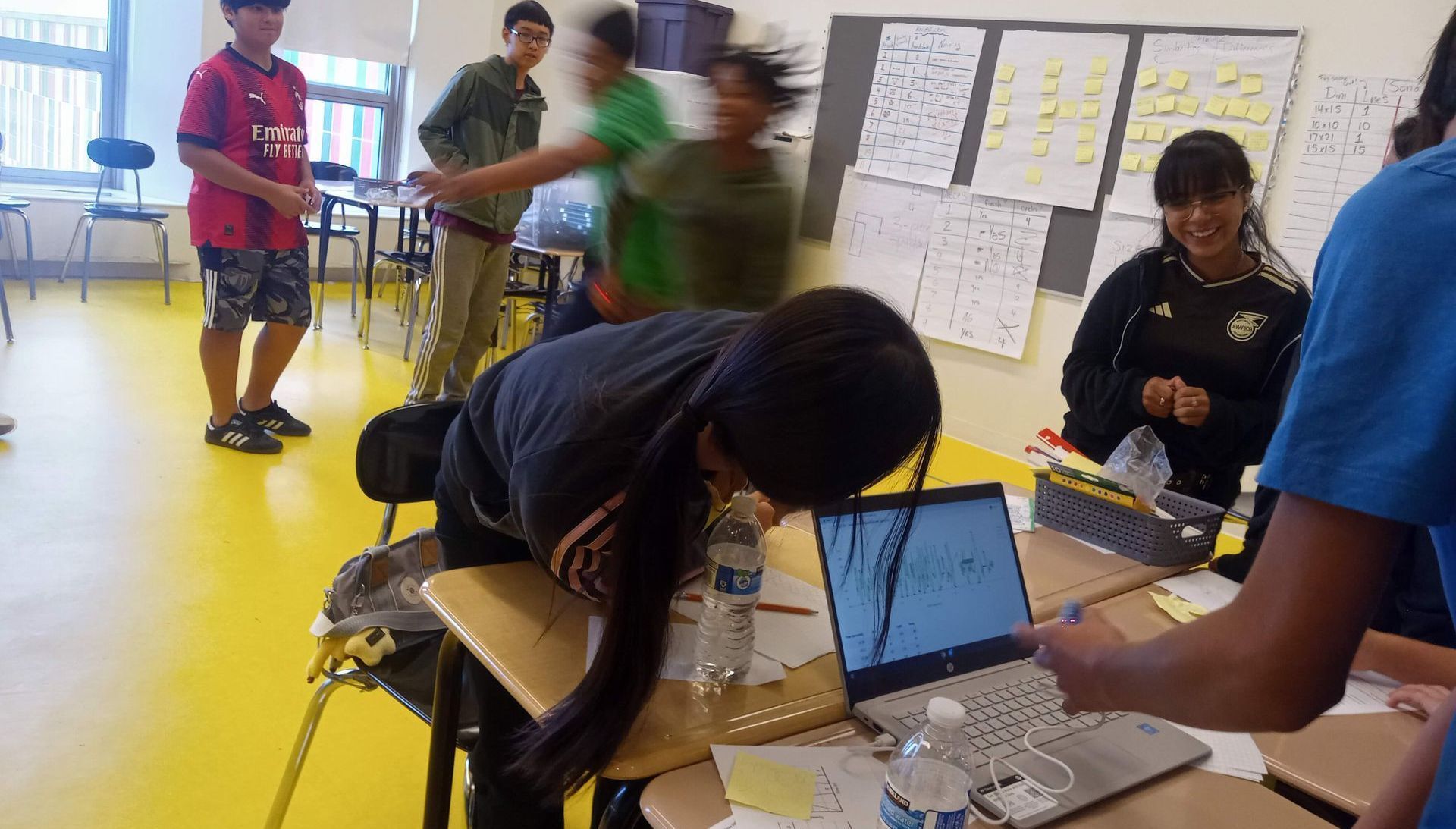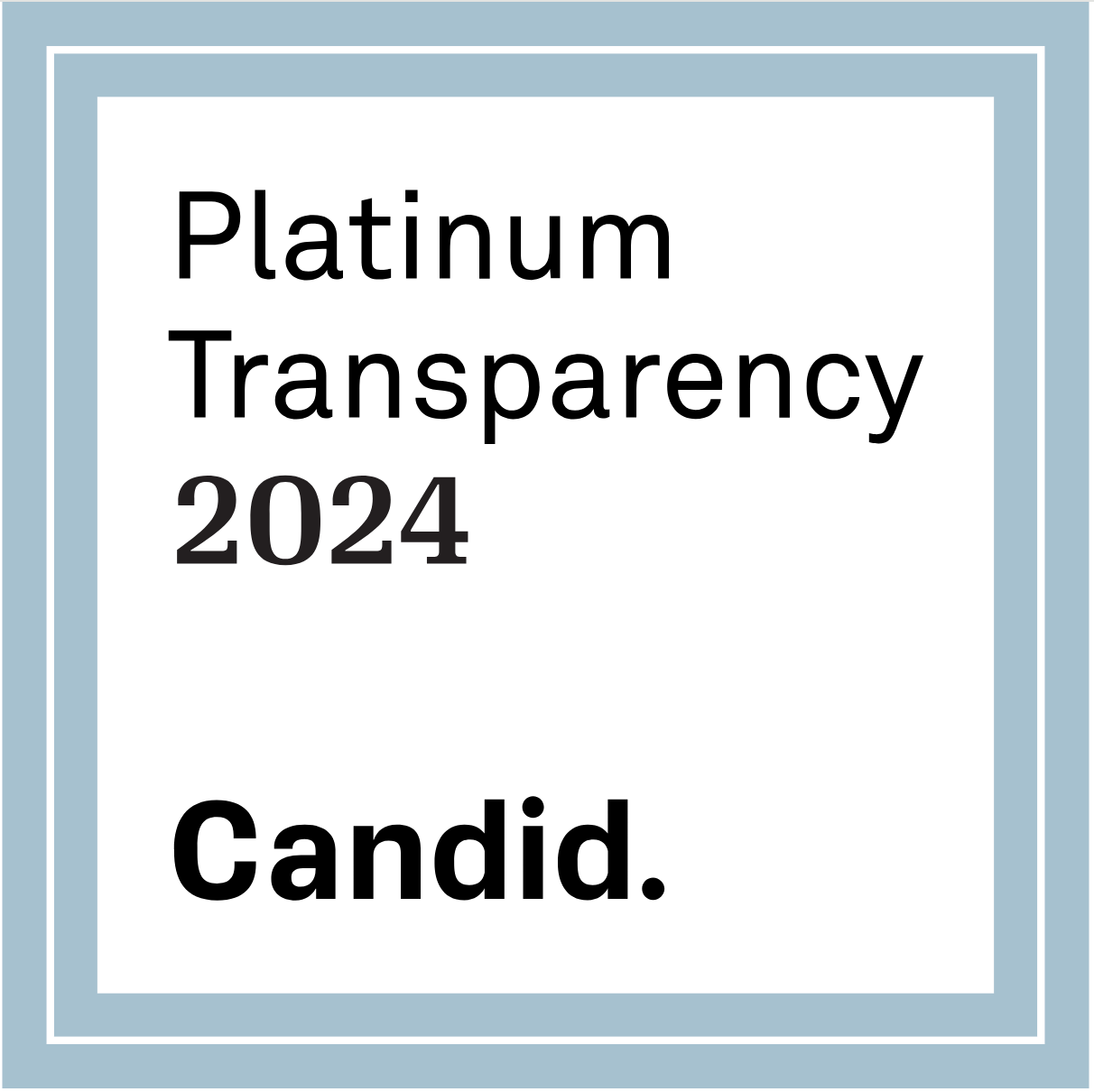I spend a lot of time thinking about how Math Circles of Chicago can be impactful. Many parents give us permission to see their children’s grades and standardized test scores. We have some evidence here and in our surveys, in testimonials we are sent, that we make a difference. While I’m happy that math circles does spillover into the math classroom, improving grades or performance in math class is not what math circles is for.
What I do think math circles is for is harder to measure. I’d like to see our students become more mathematically creative. I’d like them to see connections between different kinds of mathematics, and between mathematics and other subjects, including science and the arts. I’d like to increase the likelihood that our students take active pleasure in participating mathematics.
This is where QED, our math symposium, comes in. Grades and standardized tests don’t often measure creativity, passion, or independent thinking. At QED students identify their own question to answer and then they explore. If we draw an analogy between sports and mathematics, math class is practice; QED is the game (and perhaps math circles themselves are practice games, where every once in a while the coach steps in to provide feedback).
Yesterday I taught a math circle at Payton HS in our Cantor-A1/G program (students currently studying Algebra 1 and Geometry). I was excited about leading the session because it was based in a problem I had newly invented. As far as I know, my students engaged in a set of problems no one had ever tried before. As a teacher it’s a little unnerving to lead students in a session where you don’t know all of the answers, but it’s liberating too. By the end of session we reached a mathematical frontier, a place students in math rarely get to be.
I strongly encourage every math circle family to get involved with QED and let their child explore the mathematical frontier. Like all of our programs QED is free. It’s like a science fair, but it moves a bit faster and is more fun. Some key information:
- QED will be held on December 10th at Payton HS. See the QED webpage to learn more.
- Once you have a project idea and a title you can pre-register. You must pre-register by November 28th.
- You can enter a project with a partner! We support collaboration (and we support non-collaboration too; going solo is fine).
- We have a cadre of graduate students and teachers that can advise students that need help getting started or who get stuck. Need help? Fill out this form. Have Questions? Write us at qed@mathcirclesofchicago.org!
- A year ago I wrote this blog post with QED tips , based on interviews with some teachers that have sponsored many QED projects. This old post describes a day at QED, and this one is a primer on how to take an old problem and come up with a new one.
While I’m happy to hear that our students our doing well in school, I get excited when a student becomes a researcher. Creating new problems and grappling with them–that’s ultimately what I think math circles are for. Come to QED and see what it looks like!

